The 24th edition of the Middle East Network Operators' Group (MENOG) and Peering Forum was held in Muscat, Oman, as the region continues to enhance its digital presence through better peering, stronger security and more effective regulations.
MENOG 24 took place from 4-5 December and saw over 150 attendees from 33 countries. The event was officially kicked off by the MENOG Programme Committee Chair Khalid Samara, who welcomed attendees to the third MENOG in Muscat, and RIPE NCC CEO and Managing Director Hans Petter Holen, who shared the RIPE NCC’s efforts in the region so far. Engineer Adnan Al Alawi, the CEO of AWASR Oman Telecommunications Company, and the host of MENOG, welcomed attendees to Muscat. He stressed the importance of MENOG as a platform to strengthen network interconnection in the region and to build human connections among the digital community. This event reflects the commitment of governments and regulators in the Middle East to strengthen their digital infrastructure and build Internet resilience.
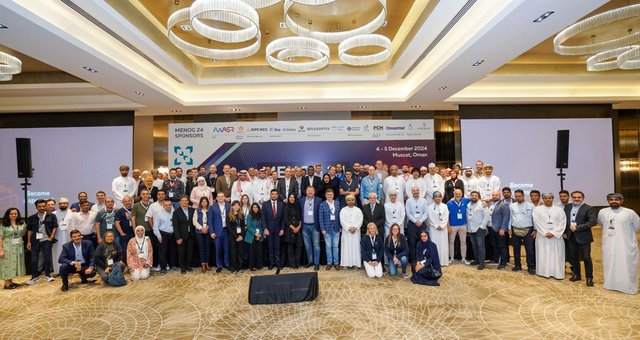
Strengthening local networks and regional interconnection
As many countries in the region compete to become the primary digital hub, speakers at the meeting spread a message of working together to strengthen networks nationally and regionally. Hanna Kreitem of ISOC shared that Oman was a leader in the region in terms of content locality and as a regional content provider. He also noted Awasr and AMS-IX had collaborated recently to establish a new IXP in the country, Oman-IX. However, his presentation demonstrated that, in the region overall, there was work to be done to keep traffic local and to make better use of IXPs, as even Oman-IX had low local coverage.
Picking up on this theme, there was a panel discussion featuring representatives of IXPs who shared their experiences and insights. One problem that needed to be tackled was that traffic was often still routed outside of the region rather than to local IXPs for cost reasons. Solutions proposed were improving infrastructure for better Internet performance and allowing for more flexibility in digital regulation. The discussion overall emphasised the importance of peering for faster, more affordable Internet for end users and more resilient networks. A presentation by Bernd Spiess of DE-CIX suggested some review was needed for current peering practices in the region, such as taxes on Internet traffic and limits on which IXPs it is permitted to peer with, as these led to a decrease in Internet performance and market competitiveness.
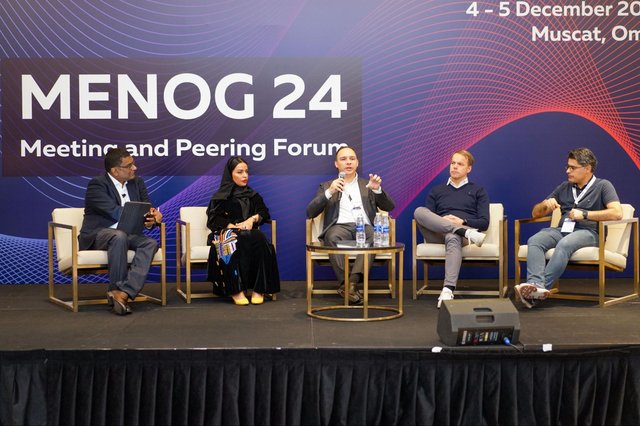
Sharing best practices and insights
One of the main goals of MENOG is building technical expertise. At the meeting, attendees learned about tools to develop more efficient routing, like the architecture SCION to overcome shortcomings of BGP, scaled DNS using Anycast, configurations like SRv6 uSID and the use of optical transceivers. The RIPE NCC’s Chief Community Officer Hisham Ibrahim also shared useful RIPE NCC resources that network operators can use, such as a report on how to get IP addresses.
Getting a clear picture of network operations is necessary to know how to enhance them, and so a number of presenters offered the audience insights into how to measure their network operations through different packet monitoring methods. Amreesh Phokeer of Internet Society gave attendees a look into Internet resilience in terms of infrastructure, performance, security and market readiness. And Massimiliano Stucchi of Glevia GmbH brought the discussion back to IXPs by showing how to measure how much content was local using yoyoDNS.
The RIPE NCC’s Jad el Cham shared some data and insights for network operators in the Middle East, based on a report on RIPE Labs. Some strengths of the region include its adoption of IPv6, with Saudi Arabia and the UAE leading in their efforts. Another strong point is the implementation of RPKI.
Securing routing and the DNS
The Middle East, and Oman in particular, has shown remarkable progress in bolstering routing security. As Jad shared, every country in the region has at least 40% coverage of ROAs for IPv4, with most having above 80%. Oman saw a surge in ROA coverage from 2020-2021, reaching 85% thanks to efforts from two major operators in the country. However, ROA coverage for IPv6 lags behind significantly in all countries except the UAE. Additionally, ROV implementation is more limited. Doug Madory of Kentik also stressed the importance of ROV and shared an analysis that showed there was some progress so far in the reduction of invalid routes being propagated.
Also important for overall Internet security is securing the DNS. One solution for this is to follow KINDNS, a framework for sharing knowledge and best practices between DNS operators, as shared by Yazid Akanho of ICANN. Data insights help here too, as the RIPE NCC’s Ties de Kock pointed out; operators can use RIS to detect any attacks in real time, and they can use RIPE Atlas to measure latency and reduce path lengths, minimising the risk of hijacks. He also emphasised the value in keeping DNS traffic local and encouraged operators to host AuthDNS nodes to achieve this, leading to faster DNS response times.
Progress in Oman
The final presentation was delivered by Abdaullah Shaikh Qamar of Oman’s Telecommunications Regulatory Authority (TRA). He shared TRA’s research into the development of the Internet in Oman, which had shown significant improvements in the past several years. In particular, international Internet bandwidth had increased, subsea cables had landed in Muscat in 2020, helping to fuel more cloud rollout, and Oman-IX’s Internet Peering service was helping foster direct network connections. The future looks bright as well, as a new cable boom is expected to help bring even more systems online.
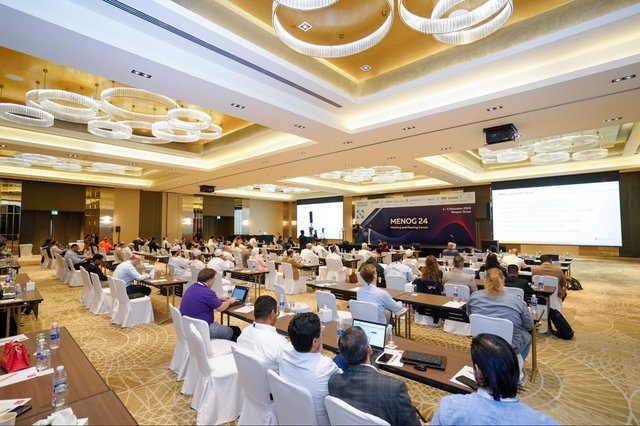
You can watch the presentations from MENOG 24 on YouTube.

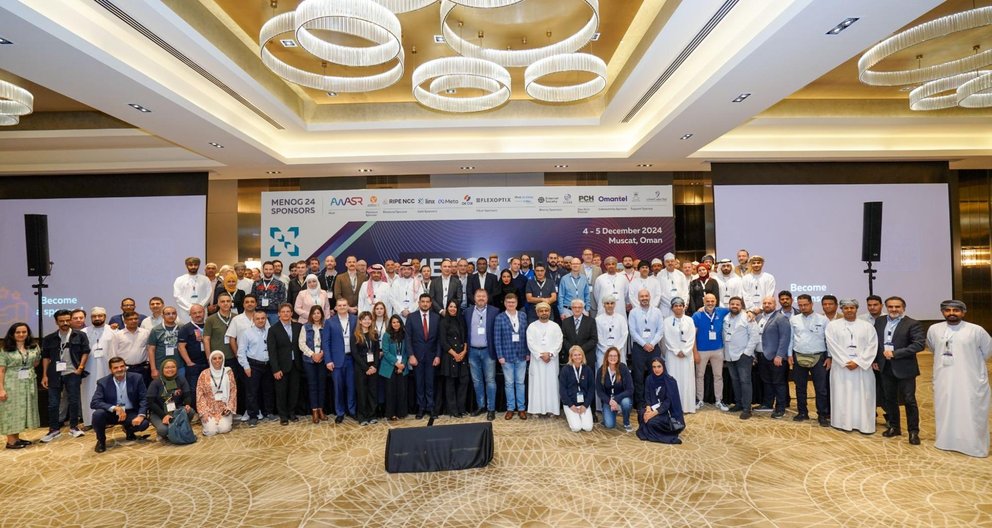
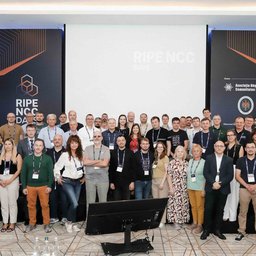


Comments 0
The comments section is closed for articles published more than a year ago. If you'd like to inform us of any issues, please contact us.